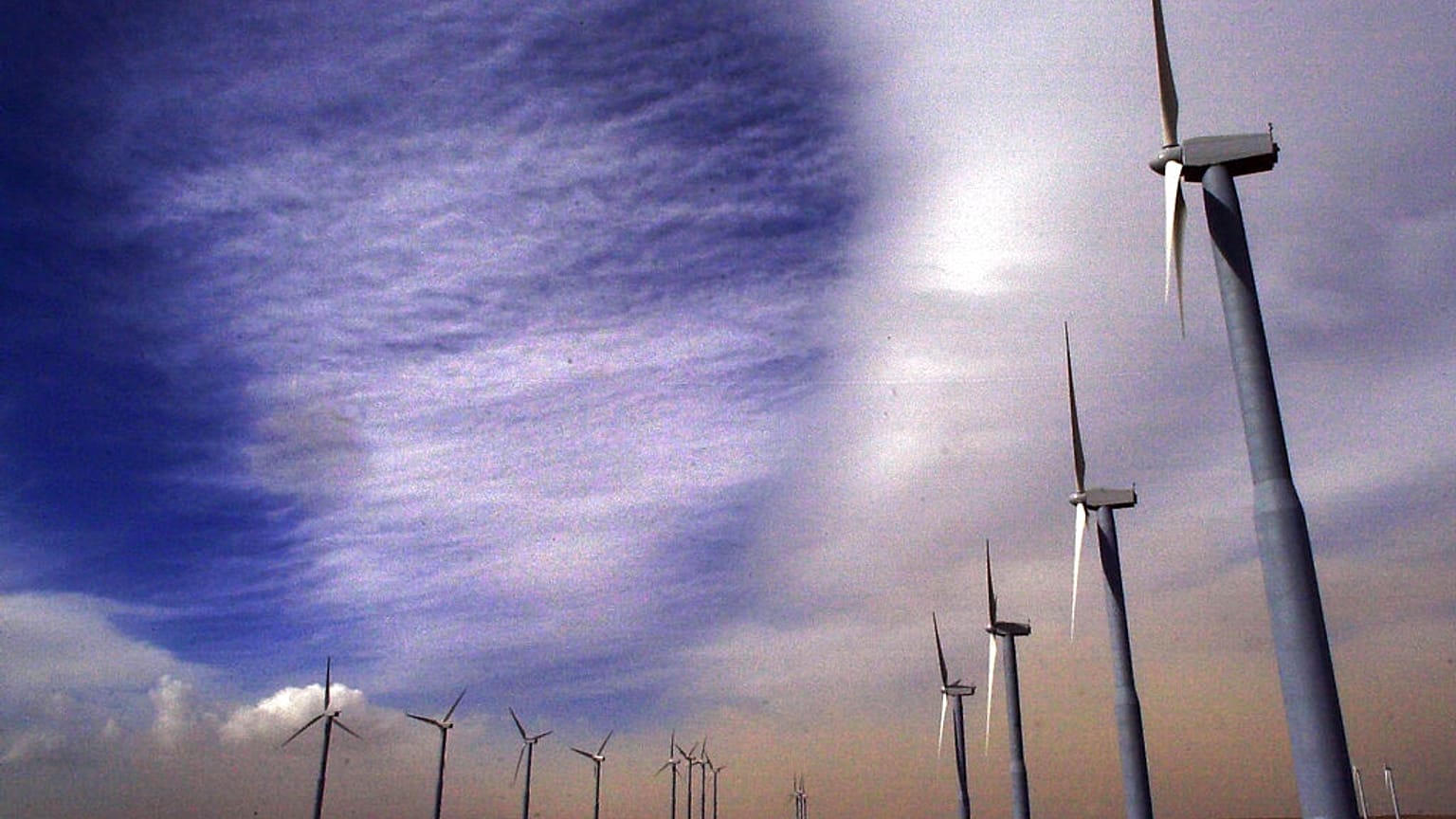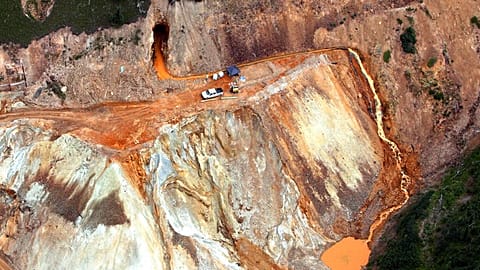Analysts who seek to classify environmental, social and governance performance will be scrutinised directly by EU watchdogs under a new legal deal.
The EU's securities and markets authority ESMA is to be handed new powers to oversee the providers of green ratings, under a legislative deal struck late Monday (5 February).
The step represents a rare centralisation of financial-market powers within the bloc, as policymakers respond to growing market interest in environmental, social and governance (ESG) issues.
“Increasing investor confidence through transparent and regulated ESG ratings can have a significant impact on our transition to a more socially responsible and sustainable future,” Belgian finance minister Vincent Van Peteghem said in a statement welcoming the new law.
The deal was struck by lawmakers from the European Parliament and the EU’s Council, the grouping of member states currently chaired by Belgium, in late-stage legislative talks known as a trilogue.
Ratings can combine the three different elements of E, S and G – though the weighting assigned to each should be made clear, the statement added. The hope is that the law can be approved at an April gathering of lawmakers just ahead of June elections, and take effect just over 18 months later.
Performance
ESG rating providers offer a scoring of a company’s performance based on – for example – its carbon footprint, or whether its supply chain uses forced labour.
They can belong to big financial groups, such as the London Stock Exchange Group’s Beyond Ratings, or Sustainalytics, attached to research giant Morningstar.
But global standard-setter Iosco, the International Organization of Securities Commissions, has called for the sector to have better clarity, transparency and governance.
“ESG ratings have become instrumental in guiding investment decisions,” Iosco’s Secretary General Martin Moloney told a conference in Brussels last week.
“Undisclosed methodologies, hidden data sources, and obscure evaluation processes compromise the very foundation of trust,” added Moloney, who warned that EU laws should avoid fragmenting global markets.
Conflict of interest
The new EU rules seek to learn lessons from the financial crisis – where credit rating agencies assigned a low risk of default to the mortgage-backed securities which then nearly brought down the financial system.
An ESG rating provider that offers consultancy services on the side, for instance, might face a conflict of interest – and regulators want to ensure they will remain impartial.
The move is also the latest battle in the EU’s war on greenwashing – which recently saw the bloc outlaw the unjustified use of terms like “climate neutral” or “biodegradable” to sell products, and limit when asset managers can promote funds as sustainable.
Decision-makers such as the European Central Bank's Christine Lagarde have called for more EU financial-market powers, hoping that a central agency on a par with those of the US Securities and Exchange Commission could strengthen Europe’s capital markets.
But member states, preferring to keep control with national regulators, have proved reluctant, so ESMA’s supervision powers remain limited to relatively minor areas like credit rating agencies and trade repositories.
A separate trilogue discussion also taking place today on EU market-infrastructure rules is considering whether to hand ESMA powers to supervise EU-based clearinghouses.


















